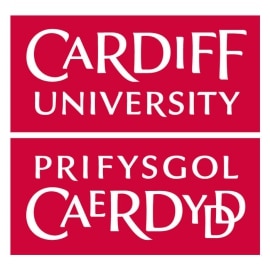Project Description
The Einstein Telescope and Cosmic Explorer are proposed next-generation gravitational-wave observatories which will be able to detect black hole mergers throughout the observable universe. Thus, observations of black hole mergers have the potential to provide insights into the formation of the first stars, and of the seed black holes which grow to form the supermassive black holes observed in the centres of galaxies. This project will involve developing tools to probe the ability of Einstein Telescope and Cosmic Explorer to observe black hole mergers in the early universe and the accuracy with which their properties (most importantly masses, spins and redshift) can be measured. The results will be used to investigate the ability of gravitational wave observations to probe the formation and evolution of the first black holes in the universe.
Funding Information
This is a self funded project. Please note that bench fees may be charged in addition to tuition fees for this project. This will be confirmed as part of any formal offer for this project.
Application Process
Interested applicants can find out more about our PhD programme and apply via the following link: Physics and Astronomy – Study – Cardiff University
Please submit the following documents with your application:
- All of your University level certificates and transcripts to date
- Two references (at least one of these must be academic)
- Your academic CV
- Your personal statement
References
The Next Generation Global Gravitational Wave Observatory: The Science Book, V. Kalogera, B. Sathyaprakash et al, arXiv: 2111.06990
Unveiling early black hole growth with multifrequency gravitational wave observations, R. Valiante et al, Mon.Not.Roy.Astron.Soc. 500 (2020) 3, 4095-4109, DOI: https://doi.org/10.1093/mnras/staa3395.


